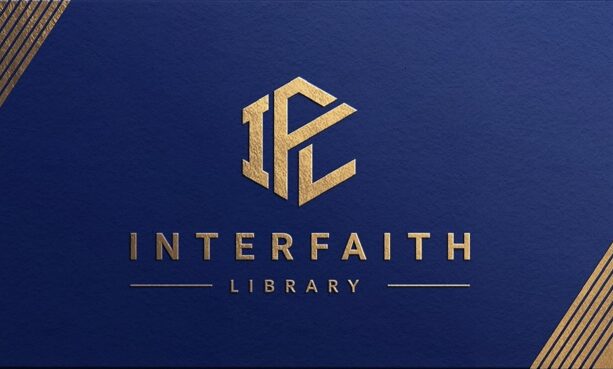I READ AN ARTICLE REGARDING POPE FRANCIS’ WORLD AGENDA…
Before sharing the particulars of this article, let me share something first.
Now let me address what he said. “A synodal, missional and ‘outgoing’ church can only correspond to an ‘outgoing’ theology,” Pope Francis wrote in the decree, also known as a motu proprio. “Theological reflections are hence called to a turning point, a paradigm shift, ‘a brave cultural revolution,’” the pope added, emphasizing such a theology must meet people in the concrete reality of their lives, culture and environment.
What he is basically trying to do is to interpolate “synodality” into theology.
Synodality is a concept that refers to a participatory and consultative process of decision-making and governance. It’s a collective discernment and collaboration of the entire priestly body, which includes bishops and cardinals, in shaping the indoctrination mission of the Catholic Church.
In a synodal system model, the Church’s hierarchy, almost exclusively bishops, work to make decisions, and provide guidance for the world. You may question what is wrong with this. Well, one person or small group of people (i.e. bishops) can’t govern the entire religious world.
Islam and Judaism do not ascribe to the concept of synodality.
In Islam specifically, the concept of governance and decision-making is primarily based on the principles outlined in the Quran and the hadiths (sayings and actions of the Prophet Muhammad). Islamic governance is typically characterized by the principles of consensus (ijma) of the early scholars.
The Quran encourages Muslims to consult with one another and make decisions collectively. There are several verses that highlight the importance of consultation in matters of public concern. For example, Surah Al-Imran (3:159) states: “And consult them in the affair. Then when you have taken a decision, put your trust in Allah, certainly, Allah loves those who put their trust (in Him).”
Consensus, or ijma, is another important principle in Islamic decision-making. It refers to the agreement or consensus of scholars,(mainly the early ones), on matters of religious interpretation or legal rulings. Ijma is considered a source of authority in Islamic jurisprudence (fiqh), especially in the absence of clear guidance from the Quran and hadiths.
While Islam emphasizes consultation and consensus-building, the decision-making process in Islam is not structured in the same way as a synod. Islamic governance typically involves consultation with knowledgeable individuals, scholars, and leaders, but the final decision-making authority rests within the context of the its legal framework.
In the context of rulership, synodality or someone having a monolithic voice is one where power and decision-making authority is concentrated in a single, unified entity or institution. It creates a lack of diversity, dissent, or alternative viewpoints, often resulting in a rigid and inflexible governance structure. Synodality can stifle democratic processes, limit checks and balances, and hinder the representation and participation of different segments of society. It may lead to authoritarianism and impede the ability to address diverse needs and interests within a society.
The Islamic democratic system of governance is a positive one because it combines democratic principles such as popular participation and accountability with ethical values, promoting justice, equality, and social welfare while respecting all religious beliefs and cultural diversity.
With all of this being explained, what do think about what Pope Francis and the Catholic Church is trying to put in motion? Please leave a comment.

I’m a Jesuit Priest, out of the Arch Diocese of Philadelphia. I would like to say that although I’m a Catholic, I am in disagreement with the concept of synodality. Synodality is not suitable for a multi-faith world due to its inherent Christian-centric nature. It prioritizes hierarchical decision-making within a specific religious intent and framework, which invariably marginalizes other faiths. A more inclusive approach, like the Islamic epistemic and/or deontic modality, which promotes interfaith dialogue and cooperation would be more conducive to fostering understanding and harmony among diverse religious traditions.
I think this is a very significant topic for me and I find satisfaction in studying and contemplating over your article/s. I want to commend you on your site. The website style is wonderful. Amazing!!! The articles are really good. Just right in our present day climate of hate and disfunction. Keep up with this great work. Cheers!